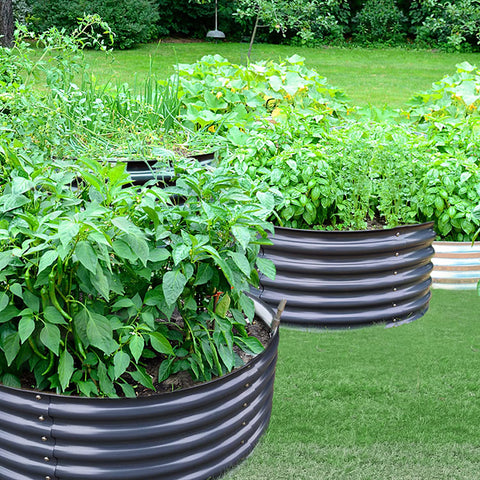The Perfect Fusion of Delightful Cuisine and Serene Gardens: The Application of Pasta Water in Garden Beds
In the pursuit of a higher quality of life, people are now combining gastronomy with aesthetics, creating astonishing and unique experiences. This article will explore a surprising creative application—using pasta water in garden beds—to bring together the flavors of delicious cuisine and the beauty of nature.
Section 1: The Charm of Pasta Water
Pasta water, as the name suggests, is the water used to cook pasta. Typically, when cooking pasta, most of the boiling water is discarded. However, clever individuals have discovered the unique value of this water resource. Pasta water is rich in starch and the essence of pasta, providing nutrients and possessing special properties that promote plant growth.
Section 2: The Application of Pasta Water in Garden Beds
Enhancing Soil Fertility: Pasta water contains starch and remnants of pasta, which are rich in carbohydrates and organic matter. When used to irrigate garden beds, it enriches the soil with nutrients, improving its texture and fertility. Increasing the organic matter content in the soil promotes the growth and development of plants.
Improving Soil Structure: The starch content in pasta water can improve soil structure, making it loose and well-aerated. This enhances the soil's water retention capacity and drainage, which is crucial for the growth of flowers, especially during dry summers.
Boosting Plant Resilience: The starch and remnants of pasta in the water contain abundant vitamins and minerals, such as vitamin B and iron. These nutrients strengthen a plant's immune system, increasing its resistance to pests, diseases, and environmental stressors.
Enhancing the Beauty of Garden Beds: Apart from benefiting the plants, pasta water can create unique landscape effects in garden beds. After watering the beds with pasta water, a delicate layer of pasta residue forms on the soil surface, adding a special texture and aesthetic appeal to the garden.
Section 3: Proper Usage of Pasta Water
Collecting Pasta Water: When cooking pasta, avoid discarding all the boiling water. Instead, set aside an appropriate amount of cooled pasta water for irrigating the garden beds, ensuring it won't scald the plant roots.
Using in Moderation: It's important to use pasta water in moderation. Excessive use may saturate the soil, negatively affecting plant growth. As a general guideline, the ratio of pasta water to regular water should be around 1:3 when irrigating the plants.
Supplementing with Other Nutrients: While pasta water is nutrient-rich, it may not contain all the necessary nutrients for plants. To ensure comprehensive nutrition, consider combining pasta water with other organic fertilizers or liquid nutrients to meet the plants' requirements.
Suitable Plants: Pasta water is suitable for most flowers and vegetables. However, certain plants like succulents or those that prefer acidic soil may not thrive with pasta water. It's advisable to understand the soil pH requirements of the plants you're cultivating before using pasta water.
As a creative application in garden beds, using pasta water provides nutrients to plants, improves soil texture, and adds a touch of visual delight to the garden. By responsibly collecting and utilizing pasta water, we can achieve a harmonious blend of exquisite cuisine and captivating landscapes, creating a remarkable garden experience. Let us revel in the nourishment of delightful flavors and serene beauty within the lush garden beds!


